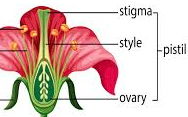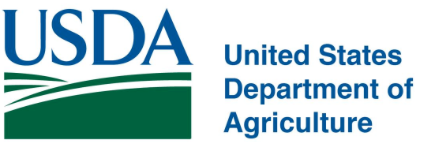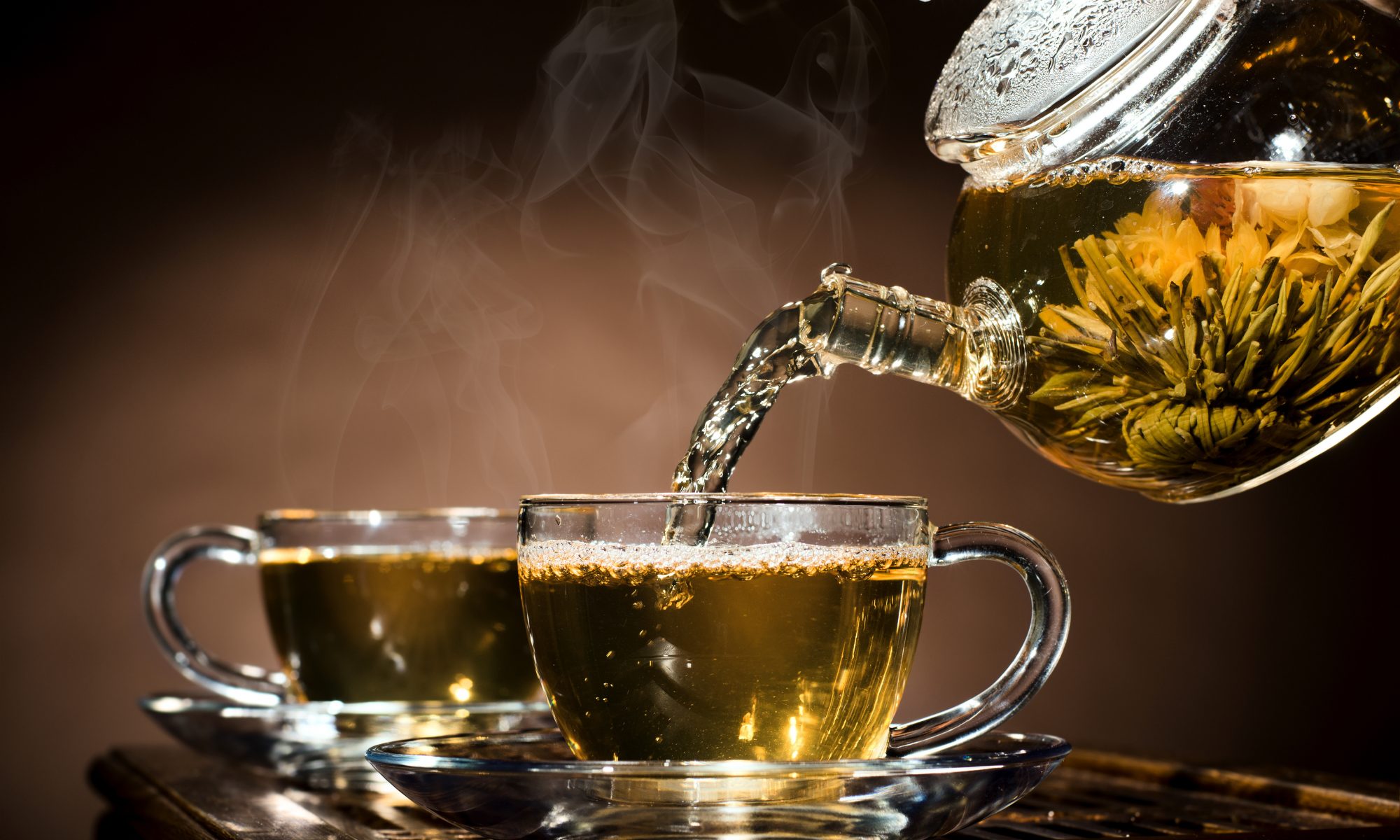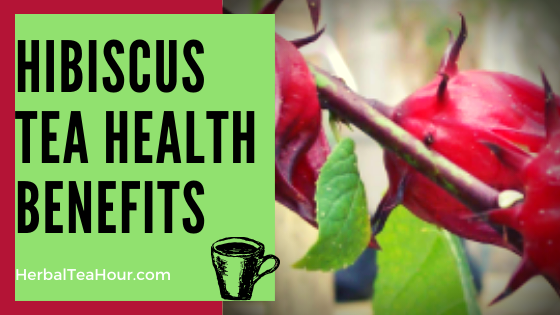HIBISCUS TEA HEALTH BENEFITS: INTRO
Skip Ahead To:
Hibiscus tea has been on the rise in the world of herbal teas. You may be wondering why such a drink would be so popular despite being among several other types of tea. The reason is the health benefits and boost in overall well-being that most of the teas consumers will vouch for.
Are you a fan of hibiscus tea? Would you like to learn more? If your answers were yes to any of those questions, then you have found the right place!
Hibiscus Tea Health Benefits – Overview

Please note: This post contains affiliate links. An affiliate link means that we may earn advertising/referral fees if you make a purchase through our links.
This HTH article will look at the hibiscus tea and its several health benefits in more detail. First, we will look at the health benefits of hibiscus tea and how it provides the consumer with the aforementioned health benefits! This will help you as the reader establish a baseline knowledge so you can determine whether or not hibiscus tea is your “cup of tea”.
After, we will look at a simple recipe for hibiscus tea . After all, after learning about the basics of hibiscus tea, you might be craving a cup yourself!

Then we will look at some of the important factors that you need to consider when evaluating one brand of hibiscus tea opposed to another. By comprehending these factors you will become a more knowledgeable consumer and you’ll be able to better understand whether this type of herbal tea is a good match for your specific needs.
I then link to a couple of my favorite kinds of hibiscus tea. By no means are these the ONLY great options of hibiscus tea on the market – but they are brands that I have researched and enjoyed, which gives me the information required to recommend them to HTH readers! I will explain some of my own experiences with the tea in more detail as well as including a “pros” and “cons” list in hopes that it will be helpful to you!
Hibiscus Tea Health Benefits – Learning the Basics

Please Note: As an Amazon Associate, I earn from qualifying purchases.
Hibiscus Sabdariffa is the species of “hibiscus plant” usually used to prepare this type of tea. However, it is not the only type used, giving you the reader a variety to choose from.
The hibiscus tea is known for its ability to release anti-oxidants in the body. These anti-oxidants help fight, or even prevent, damage caused by free radical cells.
If you are facing issues with low blood pressure, there are accounts of hibiscus tea having a positive impact on alleviating this condition. Many claim that hibiscus tea is capable of providing an advantage in terms of helping its consumer control diastolic and systolic blood pressure.

However, despite how amazing the tea sounds for you, caution should be taken. The use of hydrochlorothiazide with hibiscus tea should be avoided.
A good deal of consumers report that consumption of hibiscus tea can help lower fat, and provide a good boost to the liver! Several have experienced a variety of health or general benefits that they link to hibiscus tea!
However, like all herbal tea, there can be some side-effects (we have written more about hibiscus tea side effects here). When the hibiscus tea is drank in large quantities, you may experience some issues which include but are not limited to stomach pain, nausea, and headaches. You might also feel fatigues and suffer from high blood pressure.

However, our research shows that these side effects rarely do occur and the benefits usually outweigh the cons. Of course, you MUST consult with your doctor or medical care professional BEFORE consuming hibiscus tea, in any amount, and in any style, as your particular health situation may have certain needs!
To enjoy the health and general benefits that we described above, you must know how to prepare this kind of herbal tea. For that reason, we’re looking at a simple recipe on preparing the hibiscus tea. Don’t worry – it’s simple and easy to make!
Hibiscus Tea – A Simple Recipe

For readers at home, I have split the instructions into two parts. The first section will explain what you need and how much you need. The second part will take us through the instructions on making the tea.
Easy List of Ingredients
- Hibiscus flowers or tea bags (1/2 cups) (the more flowers, the more flavor)
- Water (5-8 cups)
- Sweeteners (Optional) (we like to use natural honey)
- Lime (2-3 tablespoon) (lemon can be tasty too)
Easy to Follow Instructions
Step One
The first thing is to get your dried hibiscus leaves ready. This won’t be necessary if you decide to use teabags, of course. Remember to remove the base of the flower. Focus on the green part attached to the stem.
Other places you can also remove include the pistil. If you are having difficulties finding it, look for a threadlike tube. It’s located towards the middle of the leaf. However, some people prefer to leave the pistil. The choice is yours!

You should also cut your leaves. It increases the aroma of the tea and increases the strength of the flavor. You can accomplish the same result by using a pestle and mortar, grinding the leaves to release the oils and aroma!
Step Two
Once you have cut or ground your dried leaves, it’s time to boil the tea. Using a large pot, boil the dried leaves together with water. Once you have brought it to a boil, put off the stove and allow it to cool. Be careful and be sure to wear protective items when working with boiling water!
Step Three
Add your sweeteners and any other extras. This can include sugar, lemon, and other forms of herbs. You can also add honey. Please do not use any artificial sweetener! This kind of tea is best consumed as Mother Nature intended – without artificial influence!!
Step Four
Allow your tea to steep. The standard steeping time is 10-20 minutes. Bear in mind that the longer the tea steeps, the stronger the flavor will be. Of course, you don’t need to go TOO long, as there is only so much flavor that can be released via the steeping process.
How Should Hibiscus Tea be Served?

You can either serve the hibiscus tea warm or cold. To achieve the cold effect, put your tea in the refrigerator for some hours – allowing it to cool gradually.
Hibiscus tea can be made in different ways but the final product is generally close to the same. The hibiscus tea health benefits also stay the same regardless of what’s added to the tea (so long as what you are adding doesn’t have a negative impact on you in the first place (like artificial sugar)).
Side Note: If you liked this recipe, you may be interested in learning how to make the Best Spearmint Tea! We have also posted an Anise Seed Tea Recipe that is easy to follow!
Hibiscus Tea Health Benefits – Important Things to Note

When buying the hibiscus tea, the health benefits that you get from it is important. After all – that’s why you’ve read this article! When buying a hibiscus tea product, there are several health benefits that you should look for.
Certain features of the product should make it stand out. Let’s have a look at some of them.
Cardiovascular System
The right hibiscus tea will your cardiovascular system to flourish. To get the right product, we suggest you look for products that support your cardiovascular system. It is important to note that not all types of hibiscus tea provide this perk.
Hypertension
Hibiscus tea also has the potential to help with high blood pressure. To find out if a particular hibiscus tea lowers your blood pressure, we recommend that you check the description of the product before purchasing it.
Regulatory Bodies
Hibiscus plants for the most part are grown on organic farms. Organic farms are farms do not use additives on any of its products. Regulatory bodies make sure that organic farms stick to this practice.

The USDA organic is one of the aforementioned regulatory bodies. If a product has been certified by the USDA organic, you should see an inscription on the product. Getting such a certified product is your best bet.
Versatile
While we are interested in hibiscus tea, it’s also important to get a quality product in exchange for your money. Versatility in a product is nice because you can use it in a variety of ways. Having a hibiscus tea product that can also be used with salads, baked products and meals of that nature is a bonus.

We recommend that you keep an eye out for these types of products.
Other features such as the price and quantity of the products will also play important roles. You want to make sure that you are taking into consideration how much tea you consume! You want to be able to buy enough but not too much. This will help you avoid wasting as hibiscus tea, like other herbal teas and foods, will have an expiration date that it goes bad on.
Side Note: Another fun and interesting tea to work with is dandelion tea! Learn where to buy dandelion tea, as it can be kind of tricky! Also, if you do it, be sure to use the best dandelion roots for a better tasting result!
Hibiscus Tea Health Benefits – Buy the Best

Are you looking for some of the best types of hibiscus tea that will provide you with health perks when consumed? If you are, you have com to the right place. If you’d rather save time rather than researching we have compiled a small list of the best types of hibiscus tea out there right now!
This product comes from the hibiscus sabdariffa specie. It stands out for two main reasons- its quantity and its storage system.
It comes in a resealable bag. This is a rare feature and a lot of products similar to this do not give you that option to reseal the package. The hibiscus plant will stay fresher for longer in this type of bag. And considering it has enough for 200 small servings you’ll want to keep it as fresh as possible. Just don’t forget the expiration date!

Other impressive attributes will include sustainable practices. This product is purely organic in nature. With farms in faraway Egypt, the quality of the hibiscus plant is really high. Extra verification comes with the certification from the USDA organic.
The product is very versatile as I mentioned before. It can be used to make teas, jam, and baked goods, though I usually like to stick to herbal teas! It’s an amazing product all around.
My Experience

First, I really thought the resealable bags were a nice touch because of how much of the tea there was. It helped keep the pleasing aroma and taste crisp and refreshing. It also came with instructions on how to properly prepare the tea, which was very helpful in my case.
The impact the tea had on me was tremendous. I felt more energetic and ready to face whatever my busy day threw at me. I often found myself sipping on this tea with breakfast in the morning and it gave me that much needed energy boost to make it through the day!
To help you determine if you would like to try out some hibiscus tea for yourself I have listed some pros and cons so you can spend your time finding the right tea for you.
Pros
- USDA organic
- It comes with a resealable bag (great for longevity)
- Grown in Egypt
- It can be used for various purposes (good versatility)
- Refund is guaranteed
Cons
- It’s a bit expensive (however you get what you pay for)
Unlike the last the last tea, this tea comes in teabags. One of the major features of the manufacturers is their desire to stick totraditional practices. This commitment always scored with the HTH!

This product comes in 6 packs. Each pack contains about 16 tea bags meaning you get 96 tea bags in total. I’ve find that this is more than ideal for my drinking habits, but you should take your own individual consumption habits into consideration when determining the quantity of tea you want to purchase. To go through the tea twice as fist a nice little trick is to use two bags in one cup!
This product is certified by Kosher, non-GMO, and USDA organic. That means you get triple protection when you use this product!
My Experience

Although I drink this tea year-round, I think with its unique fruity taste that it really seems like a refreshing summer drink. I also liked the amount of tea you get in the package.
The expiration date is very reasonable and gives you more than enough time to finish all the tea. This tea, along with some healthy life choices gave my circulatory system a boost, however it is hard to determine if the effects were solely from the tea. I did, however, feel refreshed and ready to do whatever I put my mind to! Here are the pros and cons I gathered from my experience with this particular brand:
Pros
- USDA organic
- It follows sustainable practices
- A large quantity of tea bags (no expiration date concerns)
- It seemed to support my cardiovascular system
- Kosher certified
Cons
- Even with discounts, this tea is quite pricey, but I was very happy with the quality.
CONCLUSION

So here we are! You are officially educated on the benefits of hibiscus tea and some different types that you can try! This was to help you get a basic understanding of the hibiscus tea scene and what you should look for when buying! Please remember that you need to speak with your doctor or medical care provider PRIOR to consuming hibiscus tea – everyone is different, and hibiscus tea may not be right for you!
Comments

Have you ever consumed hibiscus tea? What did you think of its taste? Did you experience any of the health or general well being benefits that we’ve mentioned in this article? Were you able to try our recipe or perhaps you experimented with your own? Be sure to post below and share your experience with us! We read and reply to every comment and absolutely love interacting with the herbal tea community!



